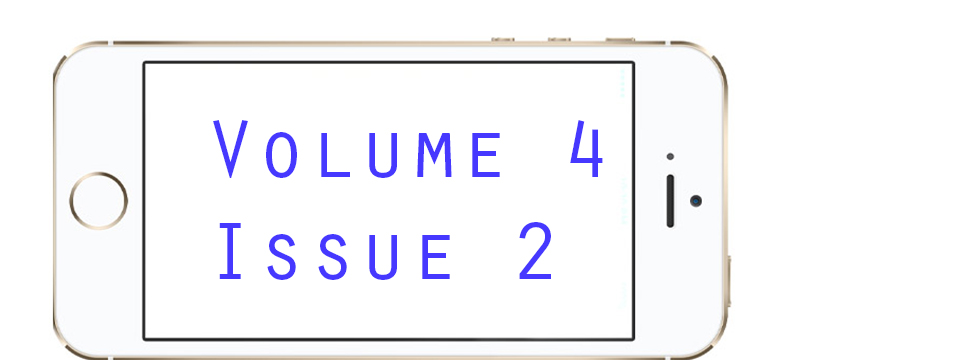Mobile Phone Use and Perspectives on Tailored Texting in Adults with Diabetes
Justin Gatwood, PhD, MPH1, Rajesh Balkrishnan, PhD2, Steven R. Erickson, PharmD2, Lawrence C. An, MD3,4, John D. Piette, PhD3,5,6, Karen B. Farris, PhD2
1University of Tennessee College of Pharmacy, Memphis, TN, USA; 2University of Michigan College of Pharmacy, Ann Arbor, MI, USA; 3University of Michigan Medical School Department of Internal Medicine, Ann Arbor, MI, USA; 4University of Michigan Center for Health Communication Research, Ann Arbor, MI, USA; 5Department of Veterans Affairs Center for Clinical Management Research, Ann Arbor, MI, USA; 6Department of Health Behavior and Health Education, University of Michigan School of Public Health, Ann Arbor, MI, USA
Corresponding Author: jgatwood@uthsc.edu
Note: Portions of this article were presented at Wireless Health ’13, November 1–3, 2013, Baltimore, MD
Journal MTM 4:3:2–12, 2015
Background: Mobile phone text messaging has become increasingly popular and text-based systems for patients with chronic diseases like diabetes are being rapidly developed. A paucity of information exists about preferences for and acceptance of health-related text messages by patients for self-management support.
Aims: To evaluate the use of mobile phones, acceptance of text messaging, and perspectives on receiving tailored text messages in adults with diabetes.
Methods: A total of 48 subjects were recruited into a randomized controlled study to improve medication adherence; 21 individuals provided responses on technology acceptance and 12 semi-structured telephone interviews were conducted at follow-up. After 90 days of tailored text messages, intervention arm subjects provided feedback on acceptance of the technology, personal perspectives on the receipt of tailored materials, and preferences for mobile phone use as part of their diabetes self-management.
Results: On average, participants exchanged less than 10 messages per day and those texting more frequently tended to be younger and owned smartphones. Participants’ perception of the utility and ease of use of text messaging was positive, both of which were more positive among participants with greater perceived competence for managing their diabetes and lower perceived barriers to treatment. Subjects felt that receiving one message per day was appropriate and they benefitted from the content. In general, subjects indicated the messages were primarily useful as reminders rather than a source of new information.
Conclusions: Acceptance of tailored text messages was high in adults with diabetes and subjects felt they could benefit from receiving similar messages in the future.
Read More


